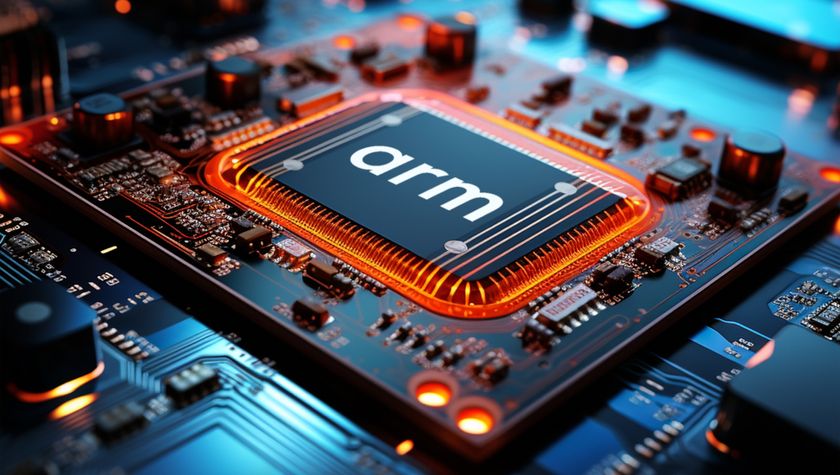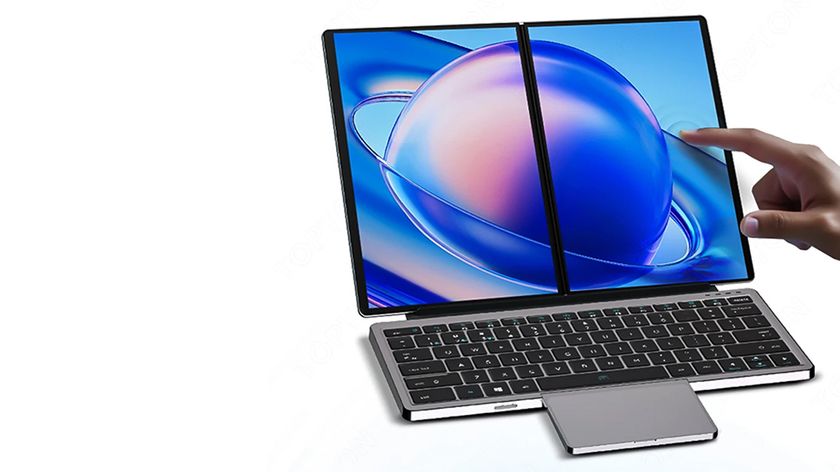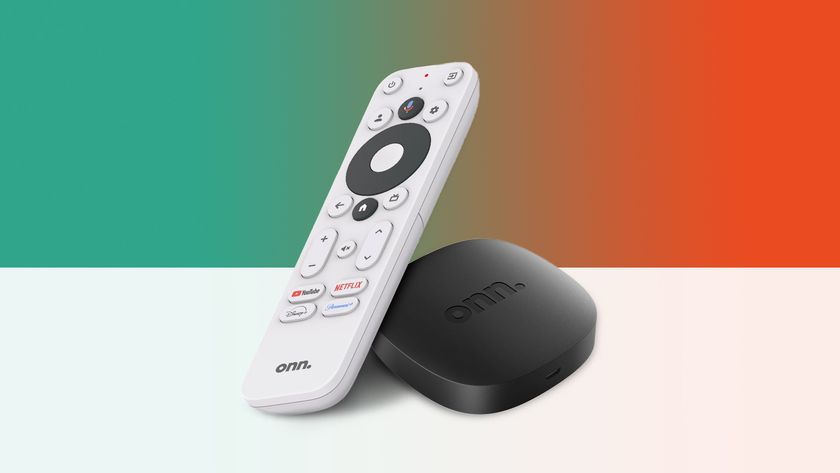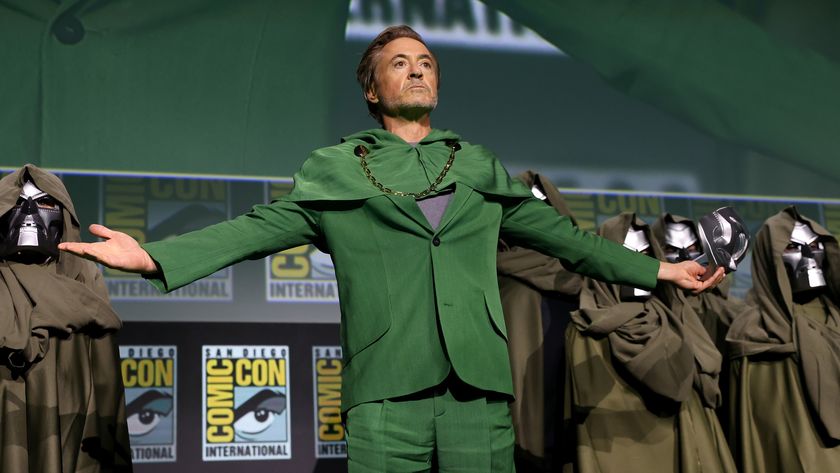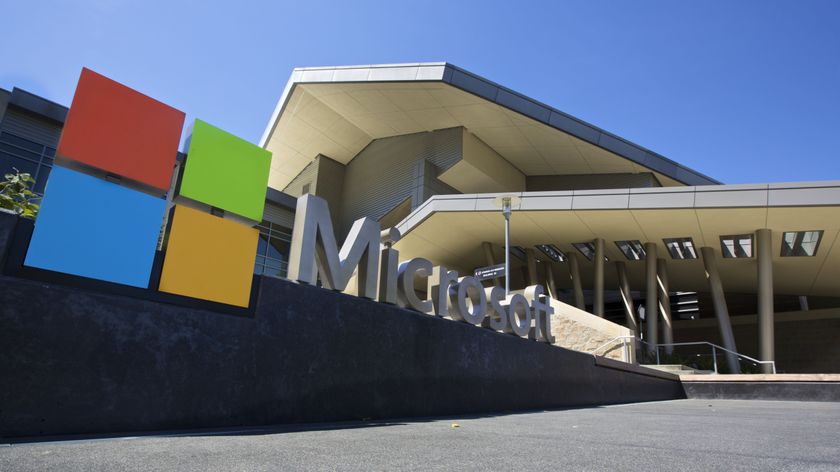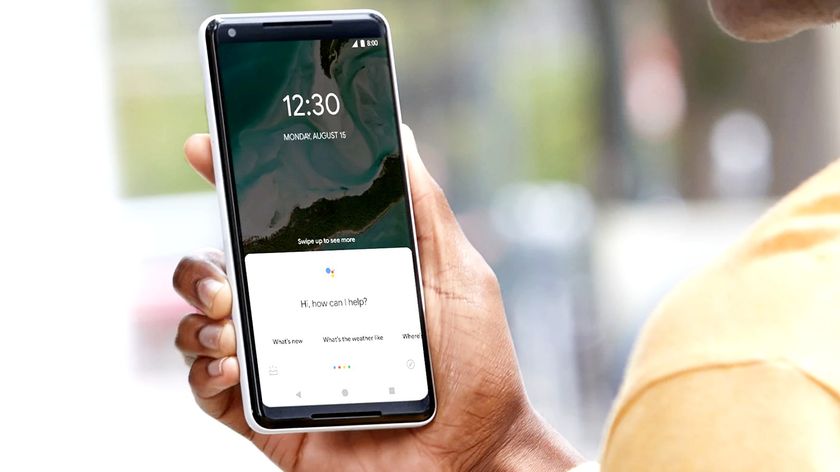CoilPay is reinventing plastic cards of a bank with an affordable smartwatch
San Francisco-based fintech startup is building a smart payment ecosystem as a customer acquisition tool for banks to differentiate from the crowd
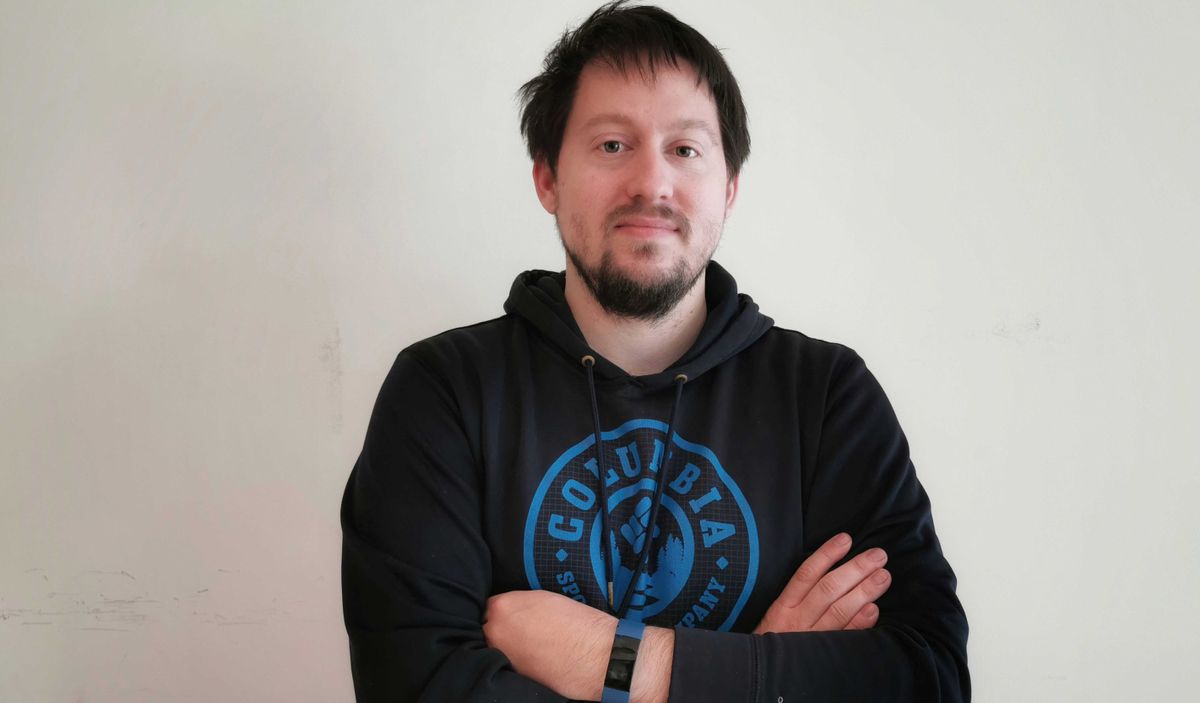
Do we need one more mobile payment solution when there are Apple Pay, Samsung Pay, Ali Pay, Fitbit Pay and different solutions from different banks?
Yes, says Aljaz Andrejas, CEO and Co-Founder of CoilPay Technology, a San Francisco-based fintech startup that is building a smart payment ecosystem.
“There is no affordable wearable payment solution out in the market. The cheapest solution is a Fitbit watch and it costs around $160 while Apple Watch costs about $400. It costs a lot for a consumer and there is no need for that,” he said.
CoilPay is coming out with a smartwatch known as CoilOne, in six months, which is cheap enough for banks to give away, instead of the plastic cards.
Even though the device looks like a smart band, it is a smartwatch as apps can be downloaded on to the device.
CoilPay came into Dubai after being selected for a startup Bootcamp at DIFC Fintech Hive.
For making payments through a normal smartwatch, he said that a user has to buy a watch and download the bank app to make a payment but with their solution, banks give the device free of cost to a customer, instead of a credit card, and the customer can control Coil through the bank’s mobile application.
Are you a pro? Subscribe to our newsletter
Sign up to the TechRadar Pro newsletter to get all the top news, opinion, features and guidance your business needs to succeed!
People can load all of their loyalty cards, most of the access cards, credit and debit cards on the watch, apart from the usual services such as health and sleep monitoring in a smartwatch.
“Banks, across the globe, does not have a differentiating product from one another and this why a lot of the younger generation is turning to the fintech space. For banks, this is a marketing tool to attract new customers,” he said.
A normal card costs a bank about $4 but for a bank to get a new customer, he said it costs about $180, the customer acquisition cost.
“CoilPay is a customer acquisition tool and costs a bank $20 for a customer and $20 for marketing and so, a bank is lowering the customer acquisition cost from $180 to $40. So, it is more than four times cheaper to get a new customer,” he said.
- Dubai-based ASA Ventures considers itself a VC 2.0
- Silicon Valley start-up b8ta opens most technologically advanced store in Mideast
- Abu Dhabi’s Hub71 launches region’s first Microsoft Reactor Program
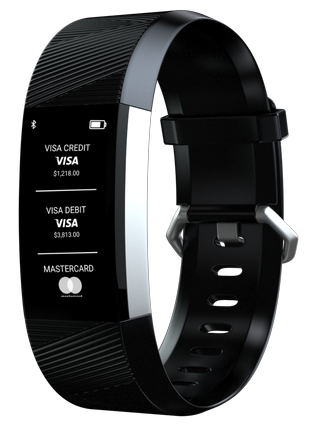
Paying with wearables gaining traction
The global payments market is worth $1.9tr while the contactless payments market is worth $208b currently and will grow to $801b by 2025. At the same time, the value of the smartwatch market is expected to grow to $31b by 2025, from $9b currently.
Furthermore, Andrejas said that the wearable can integrate with any existing bank NFC payment solutions and with its AI-powered analytics, banks can build apps that deliver consumers powerful spend control capabilities and analytics.
Even though there are phone wallets to make payments, he said most of the people don’t use their phones to make a payment.
“Paying with mobile phones is exhibiting slowing traction while wearables are gaining steam. Only 24% of the people use their phones to pay and about 76% use a watch to pay. This is a huge difference and it is so much easier to pay with your watch. With our watch, you can still make a payment even if the battery is zero through our proprietary solution,” he said.
Moreover, he said that about 83% of generation Z would prefer to pay a wearable but only 14% have one.
“So, about 70% of the market, about 1.6b people, is untapped. So, we are trying to target that 70% that would like to have a smartwatch but can’t afford,” he said.
CoilPay has developed their apps and has an apps store so that banks can develop their apps or through partnerships with hotel chains or transportation systems or Careem, etc.
The watch runs on a proprietary OS.
Andrejas said that they are in talks with five different banks in the UAE and about 21 banks globally.
“We are close to deals with different banks globally for 10m smartwatches and there are 25,000 banks globally,” he said.
When asked about the cost of manufacturing the device, he said: “if we sell the device in the store, it would cost around $120 apiece but we give it to a bank in the range of $15 to $25 as banks’ orders are in bulk”.
